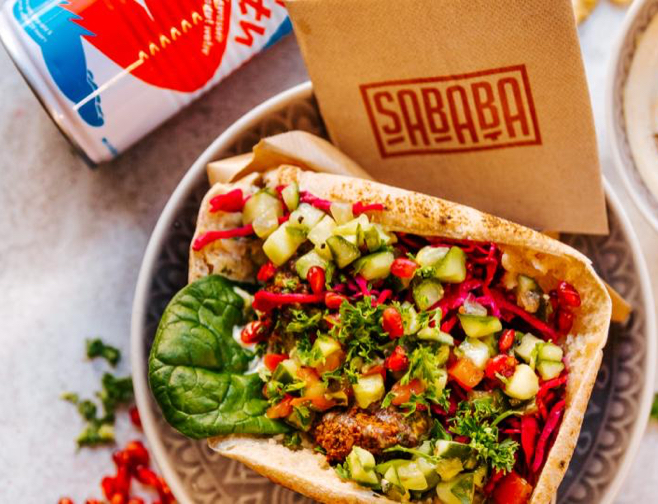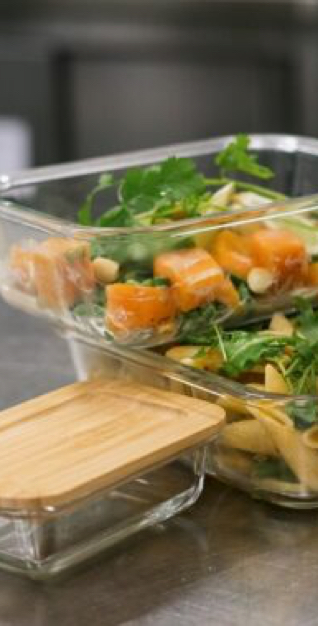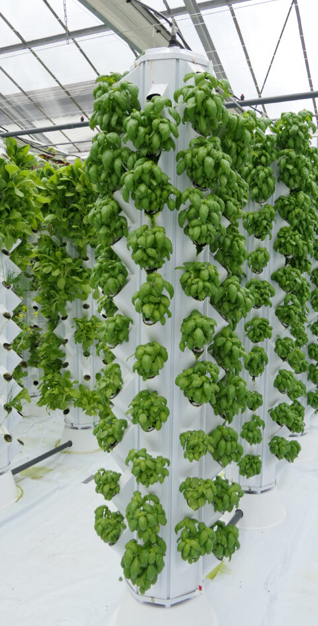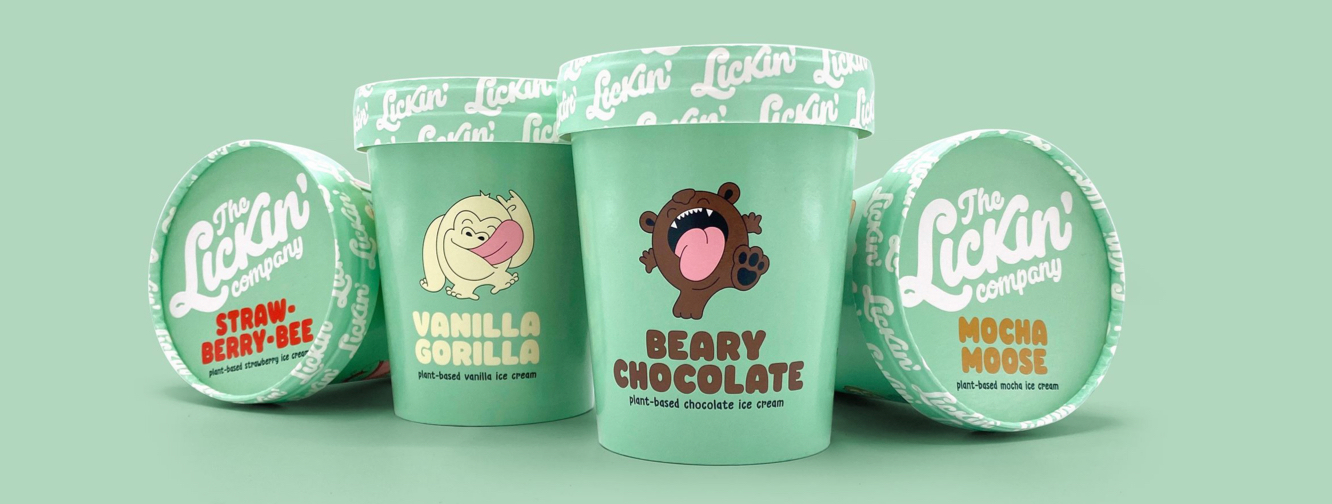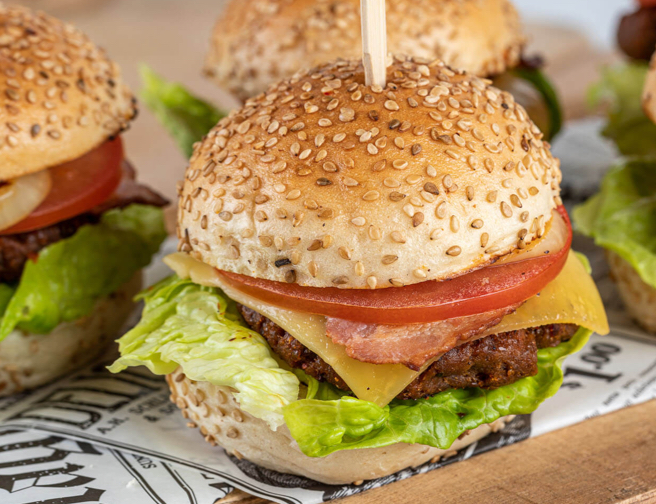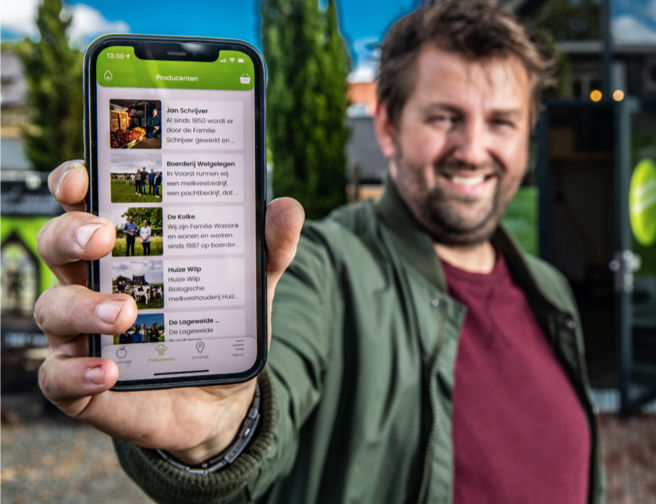De Nieuwe Keuken thinks it’s time for the next phase in the food transition: letting go of the idea that meat is the centre of your dish by giving vegetables the leading role they deserve. With 80% of Dutch people not eating enough vegetables, they provide a tasty solution: Lekker Fred’s Pulled Mushrooms. This first product is available in three different tastes; Shoarma, Mexicano, and Massala. 100% plant-based, gluten-free, soy-free, and guilt free!
Read more.
nl
en
News | Meet The Startups | Food Chain Accelerator 2022
Meet the Startups | Impact the Food Chain Accelerator 2022
The Impact the Food Chain Accelerator, part of our Food Ecosystem, is 5-month growth programme for impact entrepreneurs who work on the transition towards a more sustainable food system. For the 2022 edition, we have selected 10 startups that focus on sustainable proteins, short and/or fair supply chains, biodiversity, food waste, or access to healthy & sustainable food. Read on to meet the startups!
The Impact the Food Chain Accelerator is created in collaboration between Impact Hub Amsterdam, The Ministry of Agriculture, Nature and Food Quality, Stichting Doen, Brave New Food & Food Hub.


